Similar Artists
-
Juan Pérez de Gijón
2 listeners
Juan Pérez de Gijón (fl. 1460 – 1500) was a Spanish composer of the Renaissance. Nothing is known about his life, except for his approximat… read moreJuan Pérez de Gijón (fl. 1460 – 1500) was a Spanish composer of the Renaissance. Nothing is known about his life, except for his approximate period of activity. He is one of the composers of secular songs who contributed to the huge Canc… read moreJuan Pérez de Gijón (fl. 1460 – 1500) was a Spanish composer of the Renaissance. Nothing is known about his life, except for his approximate period of activity. He is one of the composers of secular songs who contributed to the huge Cancionero Musical de Palacio, the largest and most diverse manu… read more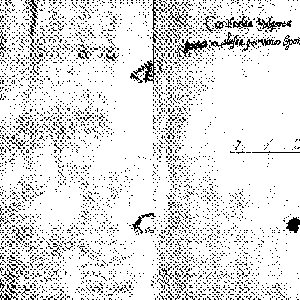
-
Fernando Pérez de Medina
1 listener
Fernando Pérez de Medina (fl.c.1479) was a 15th Century Spanish composer from Seville. View wikiFernando Pérez de Medina (fl.c.1479) was a 15th Century Spanish composer from Seville. View wikiFernando Pérez de Medina (fl.c.1479) was a 15th Century Spanish composer from Seville. View wiki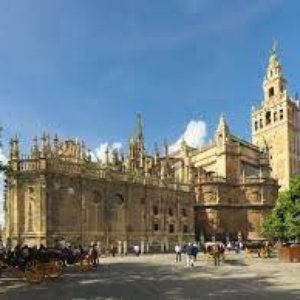
-
Bartolomeus Ramis de Pareia
11 listeners
Bartolomeo Ramos de Pareja (ca.1440 — after 1490) was a Spanish composer and music theorist. View wikiBartolomeo Ramos de Pareja (ca.1440 — after 1490) was a Spanish composer and music theorist. View wikiBartolomeo Ramos de Pareja (ca.1440 — after 1490) was a Spanish composer and music theorist. View wiki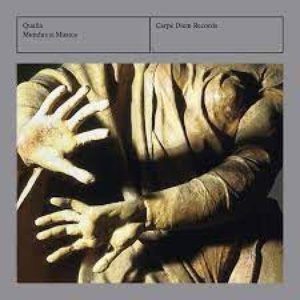
-
Juan Fernández De Madrid
1 listener
Juan Fernández de Madrid (also known as Juan Ruíz de Madrid and Juan de Madrid ) was a 15th - 16th century Spanish composer. Four songs, a … read moreJuan Fernández de Madrid (also known as Juan Ruíz de Madrid and Juan de Madrid ) was a 15th - 16th century Spanish composer. Four songs, a gloria and three motets are attributed to him. In the Palacio Musical Songbook there are four song… read moreJuan Fernández de Madrid (also known as Juan Ruíz de Madrid and Juan de Madrid ) was a 15th - 16th century Spanish composer. Four songs, a gloria and three motets are attributed to him. In the Palacio Musical Songbook there are four songs assigned to Juan Fernández de Madrid that, according to Ro… read more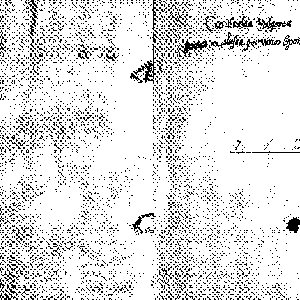
-
Bernaldino de Brihuega
1 listener
Bernaldino de Brihuega (fl c1488–1516) was an Iberian composer. A native of the town of Brihuega, north-east of Madrid, he was appointed a … read moreBernaldino de Brihuega (fl c1488–1516) was an Iberian composer. A native of the town of Brihuega, north-east of Madrid, he was appointed a singer in the Aragonese royal chapel of Ferdinand V on 22 September 1510 and served there until th… read moreBernaldino de Brihuega (fl c1488–1516) was an Iberian composer. A native of the town of Brihuega, north-east of Madrid, he was appointed a singer in the Aragonese royal chapel of Ferdinand V on 22 September 1510 and served there until the choir was disbanded following the king's death in Jan… read more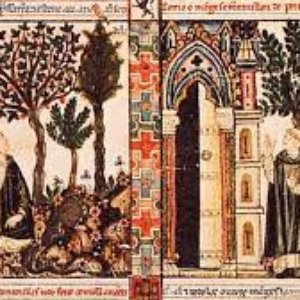
-
Francisco Varoter
31 listeners
Francisco Varoter (aka Francesco d'Ana) (c.1460-c.1502) was a 15th Century Spanish composer. View wikiFrancisco Varoter (aka Francesco d'Ana) (c.1460-c.1502) was a 15th Century Spanish composer. View wikiFrancisco Varoter (aka Francesco d'Ana) (c.1460-c.1502) was a 15th Century Spanish composer. View wiki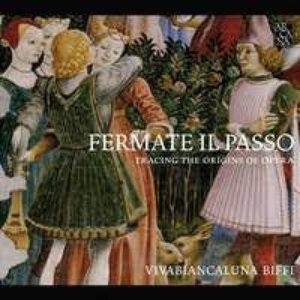
-
Alonso Pérez de Alba
2 listeners
Alonso Perez de Alba (Alva) (? - ca. 1519) was a late fifteenth and early sixteenth century Spanish composer. A singer at the Court of Quee… read moreAlonso Perez de Alba (Alva) (? - ca. 1519) was a late fifteenth and early sixteenth century Spanish composer. A singer at the Court of Queen Isabella from 1491, he is represented in the Cancionero de Palacio, and also wrote a quantity of… read moreAlonso Perez de Alba (Alva) (? - ca. 1519) was a late fifteenth and early sixteenth century Spanish composer. A singer at the Court of Queen Isabella from 1491, he is represented in the Cancionero de Palacio, and also wrote a quantity of sacred music. Twenty liturgical pieces are known, notably f… read more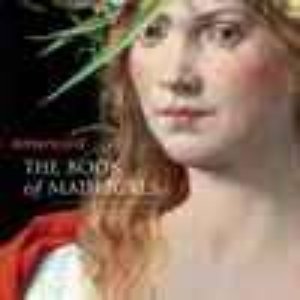
-
Alonso Perez de Alba
107 listeners
Alonso Perez de Alba (d. 1519) was a late fifteenth early sixteenth century Spanish composer. A singer at the Court of Queen Isabella from … read moreAlonso Perez de Alba (d. 1519) was a late fifteenth early sixteenth century Spanish composer. A singer at the Court of Queen Isabella from 1491, he is represented in the Cancionero de Palacio, and also wrote a quantity of sacred music. T… read moreAlonso Perez de Alba (d. 1519) was a late fifteenth early sixteenth century Spanish composer. A singer at the Court of Queen Isabella from 1491, he is represented in the Cancionero de Palacio, and also wrote a quantity of sacred music. Twenty liturgical pieces are known, notably five motets, a mass and six hymns. View wiki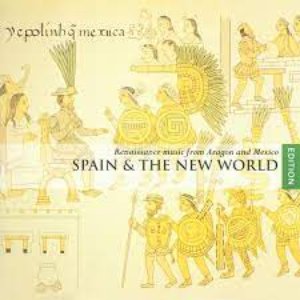
-
Pere Oriola
144 listeners
Pedro de Oriola was born around 1440. There is no precise information on his life. The first mention of his name dates back to a document f… read morePedro de Oriola was born around 1440. There is no precise information on his life. The first mention of his name dates back to a document from 21 November 1441, attesting to his entrance in the music chapel of King Alfonso the Great in N… read morePedro de Oriola was born around 1440. There is no precise information on his life. The first mention of his name dates back to a document from 21 November 1441, attesting to his entrance in the music chapel of King Alfonso the Great in Naples. It is known that in 1470 he was still living in this … read more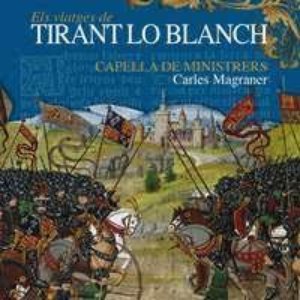
-
Francesco de la Torre
2,244 listeners
Francisco de la Torre (c. 1460 - c. 1504) was a Spanish composer mainly active in the Kingdom of Naples. His hometown may have been Seville… read moreFrancisco de la Torre (c. 1460 - c. 1504) was a Spanish composer mainly active in the Kingdom of Naples. His hometown may have been Seville. His music can be found in La música en la corte de los Reyes Musulmanes, edited by H. Anglès (19… read moreFrancisco de la Torre (c. 1460 - c. 1504) was a Spanish composer mainly active in the Kingdom of Naples. His hometown may have been Seville. His music can be found in La música en la corte de los Reyes Musulmanes, edited by H. Anglès (1947–51). Francisco served as a singer at the Seville Cathedra… read more